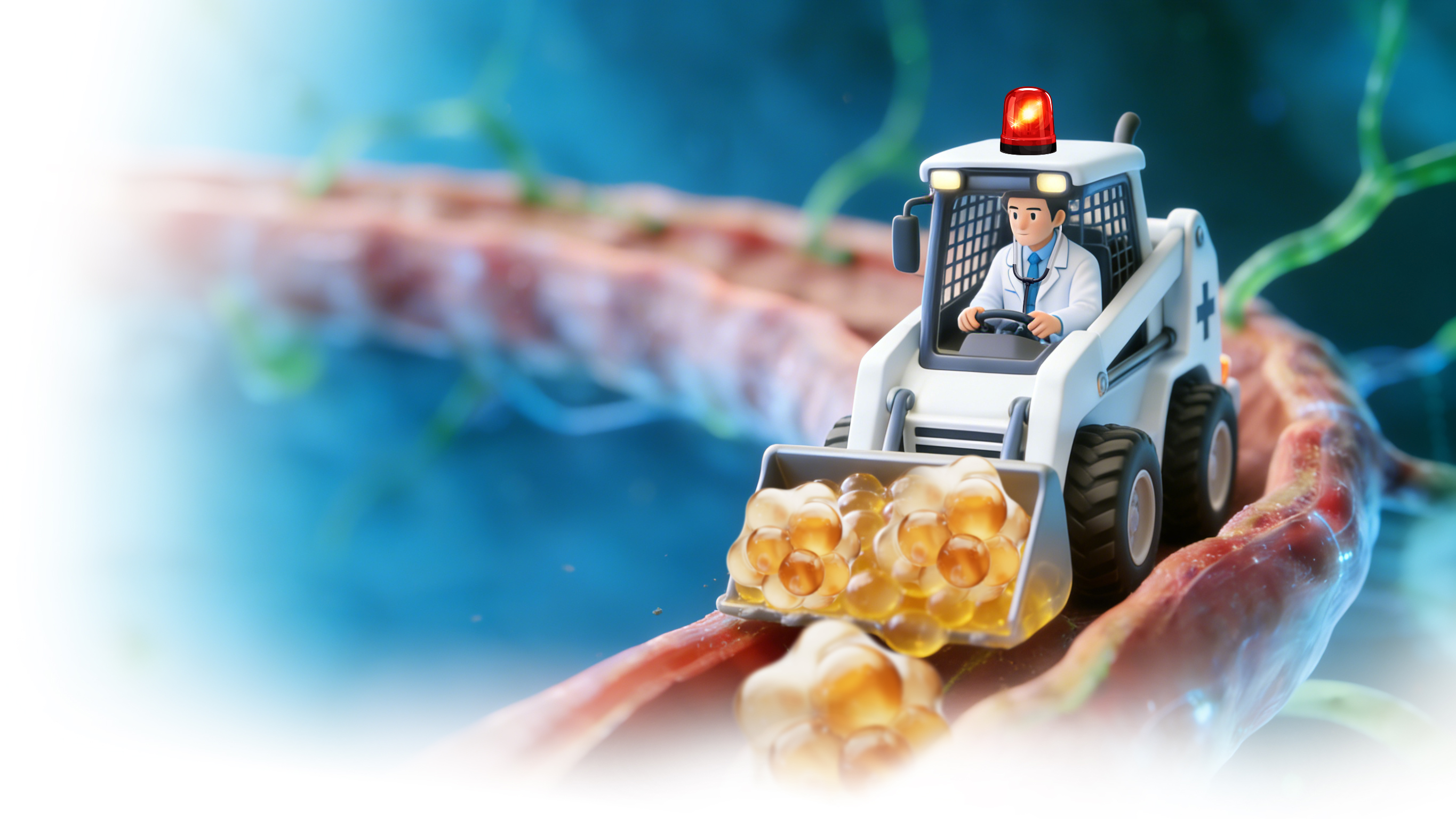The ketogenic diet (KD) has gained widespread popularity by enticing individuals with the concept of burning fat through increased fat consumption while simultaneously maintaining a low intake of carbohydrates. Its successful short-term effect on weight loss has even made it a global trend. However, the detrimental effects of KD have gradually come to light over time. A study conducted by Wei et al. has shown in murine models of different ages that KD induces cellular senescence in multiple organs, including the heart and kidney. In this study, 6-week-old male mice were randomly assigned to either a control diet or a KD with 90.5% calories from fat, 9.2% from protein, and 0.3% from carbohydrate after 7 or 21 days. It was found that KD can induce p53 signaling through AMPK activation combined with the inactivation of MDM2 by caspase-2 cleavage, ultimately leading to an increase in p21 and cellular senescence in multiple organs which then contributes to systemic inflammation and toxicity. Interestingly, this accumulation of senescent cells can be prevented by the intermittent KD regime (IKD). The researchers found that mice with the IKD regime (i.e. 3-day KD + 7-day standard diet for 3 cycles) did not increase p53 or cellular senescence. The results suggested that IKD may have fewer side effects than sustained KD while still potentially having a positive influence on health-related end points. If you are a keto dieter, it’s time to take a keto break.
Reference
19. Wei SJ, et al. Sci Adv. 2024;10(20):eado1463.





